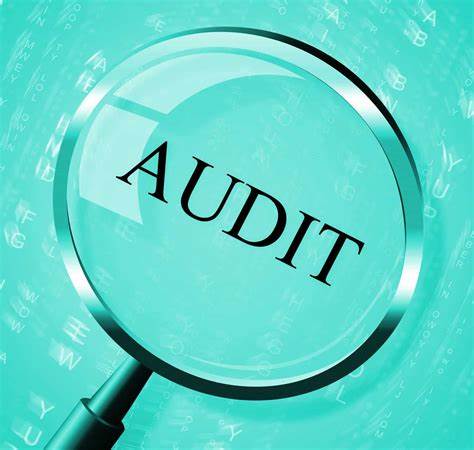
Quality is paramount in any business. It signifies trustworthiness, reliability, and consistency. Without a defined measure of quality, products or services can become inconsistent, which might lead to customer dissatisfaction or even significant financial and reputational losses. This is where quality auditing comes into play.
What is Quality Auditing?
Quality auditing is the systematic examination or review of a process, outcome, or performance against specified requirements or standards. The aim is to ascertain whether the implemented processes and outcomes meet set standards, and if not, why.
Why is Quality Auditing Important?
- Risk Management: Quality audits help in identifying vulnerabilities in a system or process. This enables an organization to address potential problems before they escalate.
- Improvement: Audits provide a clearer picture of the current state of processes, helping organizations understand areas that require enhancement.
- Stakeholder Confidence: Consistently passing quality audits reassures stakeholders (like customers, investors, or regulatory bodies) of your commitment to quality.
- Compliance: Many industries are governed by strict regulations. Regular quality audits ensure that an organization remains compliant.
Types of Quality Audits
- Internal Audits (First-party): Conducted by or on behalf of the organization itself for internal purposes.
- External Audits:
- Second-party: Conducted by parties having an interest in the organization, such as customers.
- Third-party: Performed by external, independent auditing organizations.
The Quality Auditing Process
While the specific steps can vary depending on the organization or industry, a general quality auditing process may involve:
- Planning: Defining the scope, objectives, and criteria for the audit.
- Conducting the Audit: Collecting evidence through observations, interviews, and document reviews.
- Reporting: Documenting findings, including areas of non-compliance or opportunities for improvement.
- Follow-Up: Reviewing actions taken by the audited organization to address the audit findings.
Key Qualities of a Quality Auditor
- Impartiality: Auditors must be unbiased and base their conclusions on objective evidence.
- Analytical skills: Auditors should be able to process vast amounts of information and discern patterns or anomalies.
- Communication: Clear and concise communication is crucial for documenting findings and conveying them to stakeholders.
- Detail-Oriented: Missing even minor details can lead to significant inaccuracies.
Challenges in Quality Auditing
- Resistance from Auditees: Some employees might perceive audits as a threat.
- Keeping Updated: With evolving standards and technologies, auditors need to be continuously educated.
- Resource Intensive: Quality audits, especially for larger organizations, can be time-consuming and expensive.
Future of Quality Auditing
With advancements in technology, the future holds a promise of automated quality audits using artificial intelligence and machine learning. Such systems can analyze vast amounts of data quickly, providing real-time quality checks. However, the human element will always remain crucial in interpreting findings, understanding context, and making informed decisions.
Conclusion
Quality auditing is more than just a regulatory requirement or a checkbox activity; it’s an essential tool for continuous improvement. By understanding and embracing its importance, organizations can ensure they not only meet but exceed their quality aspirations, ensuring customer satisfaction, stakeholder trust, and long-term success.
Contact us
At GxP Cellators, our team of certified Quality Auditors has extensive experience hosting 50+ regulatory inspections at our clients’ sites. We are dedicated to helping our life-sciences clients with their GxP Auditing needs, ensuring their quality systems are up to par and in compliance with regulations. If you require any assistance related to auditing your quality systems, please don’t hesitate to reach out to us at info@gxpcellators.com.
by admin
I am a seasoned GxP expert and the founder and CEO of GxP Cellators, a consulting firm that provides GxP advisory and auditing services to clients across the globe. My mission is to help clients achieve excellence in quality, compliance, and remediation, and to foster a robust quality culture in their organizations.

